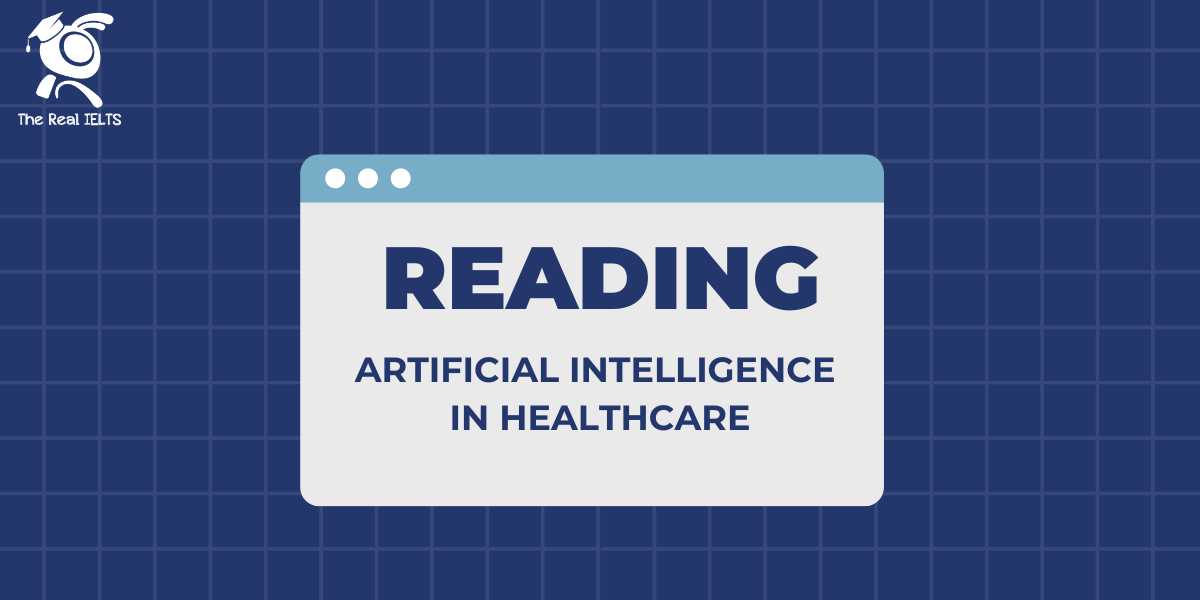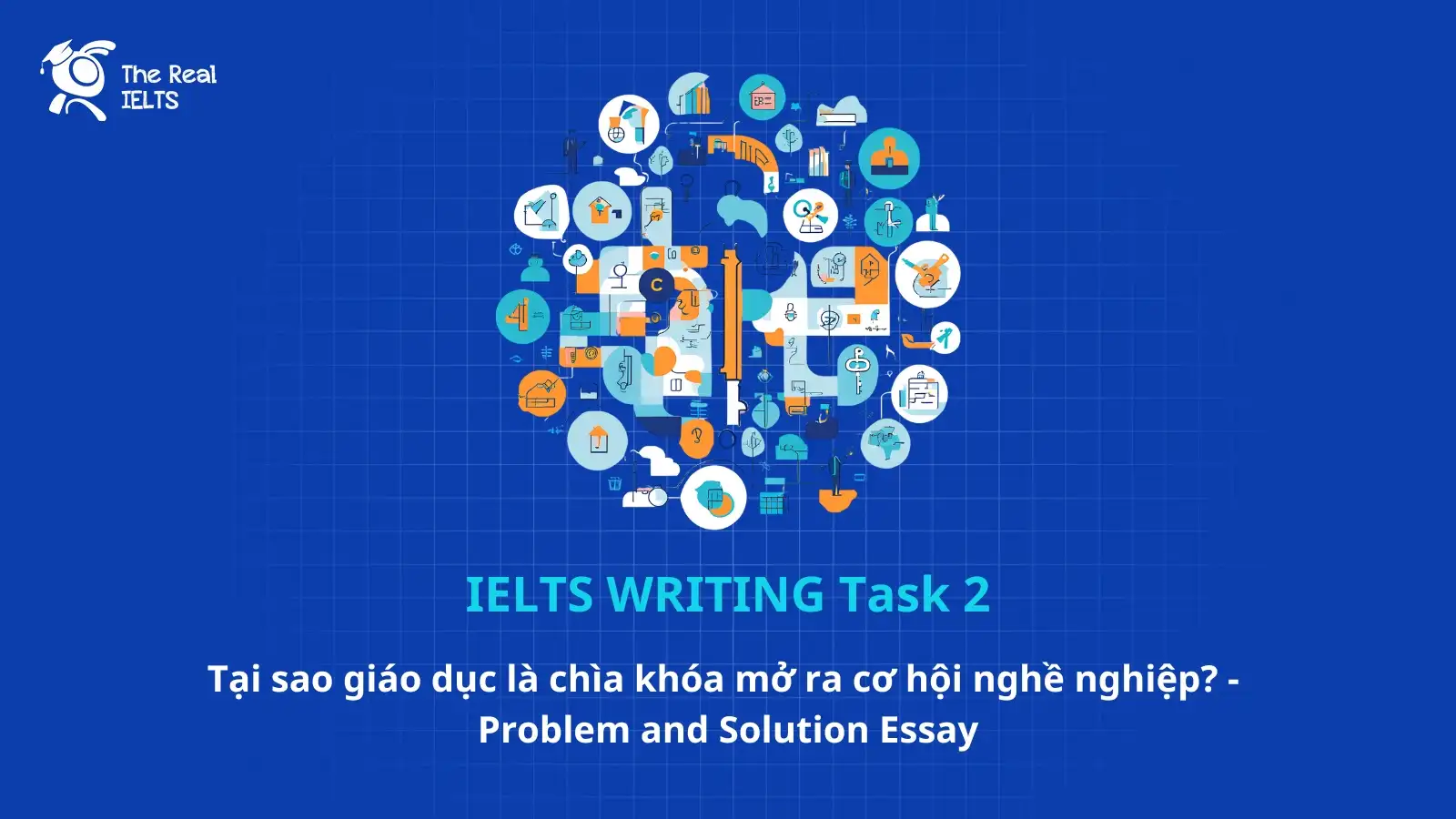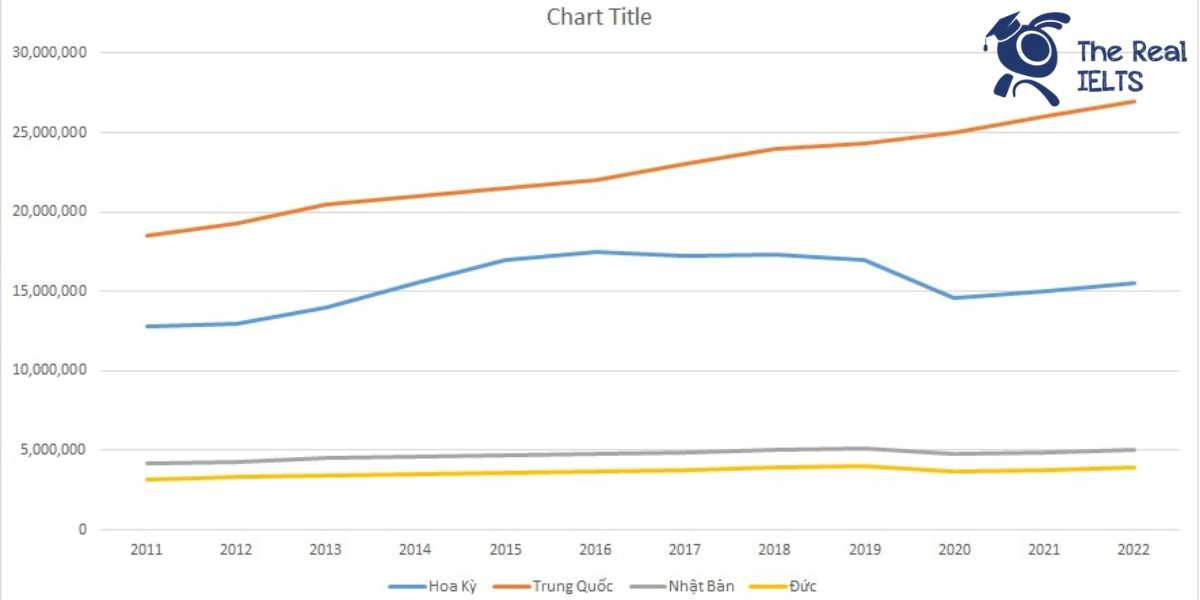Bài Reading có chủ đề về Trí Nhân Tạo trong việc chăm sóc sức khỏe. Các bạn hãy đọc kỹ bài Reading và trả lời câu hỏi chính xác nhất có thể.
Reading Practice: Artificial Intelligence in Healthcare
Passage
Artificial intelligence (AI) is increasingly being adopted in the healthcare industry, transforming the way medical professionals diagnose and treat patients. From predictive analytics to robotic surgeries, AI technologies are enhancing the efficiency and accuracy of healthcare services.
One of the primary applications of AI in healthcare is in diagnostic imaging. Machine learning algorithms are trained on vast datasets of medical images, allowing them to identify abnormalities such as tumors, fractures, and infections with remarkable precision. For instance, AI systems can analyze mammograms to detect early signs of breast cancer more accurately than traditional methods, potentially saving thousands of lives each year.
In addition to diagnostics, AI is also revolutionizing treatment plans. Personalized medicine, which tailors treatment to individual patients based on their genetic makeup and other factors, is becoming more feasible with the help of AI. Algorithms can predict how patients will respond to different medications, reducing the trial-and-error approach that is often associated with prescribing treatments.
Furthermore, AI-powered robots are assisting surgeons in performing complex procedures with greater precision and control. These robots can make incisions smaller, leading to reduced recovery times and fewer complications. In some cases, robots can even perform surgeries autonomously under the supervision of human surgeons, paving the way for more consistent and error-free procedures.
However, the integration of AI in healthcare is not without challenges. Ethical concerns regarding patient privacy and data security are paramount. Ensuring that AI systems do not perpetuate biases present in training data is also critical. Moreover, there is a need for clear regulatory frameworks to guide the development and deployment of AI technologies in healthcare.
Despite these challenges, the potential benefits of AI in healthcare are substantial. By improving diagnostic accuracy, personalizing treatment plans, and enhancing surgical precision, AI has the potential to significantly improve patient outcomes and streamline healthcare delivery.
Questions
1. Multiple Choice 1.1. What is one of the primary applications of AI in healthcare mentioned in the passage? A. Predictive analytics B. Diagnostic imaging C. Patient registration D. Medical billing
1.2. How do AI systems help in diagnostic imaging? A. By training medical staff B. By managing hospital logistics C. By identifying abnormalities in medical images D. By providing mental health support
1.3. What benefit do AI-powered robots offer in surgeries? A. Increased recovery times B. Higher costs C. Smaller incisions D. Autonomous decision-making without human supervision
2. True/False/Not Given 2.1. AI technologies are enhancing the efficiency and accuracy of healthcare services. 2.2. AI can currently perform all types of surgeries without human supervision. 2.3. Ethical concerns are the only challenges faced in integrating AI into healthcare.
3. Short Answer 3.1. What does personalized medicine aim to achieve with the help of AI? 3.2. Name two challenges mentioned in the passage regarding the integration of AI in healthcare. 3.3. How can AI improve patient outcomes according to the passage?
Answers
1. Multiple Choice 1.1. B. Diagnostic imaging 1.2. C. By identifying abnormalities in medical images 1.3. C. Smaller incisions
2. True/False/Not Given 2.1. True 2.2. False 2.3. False
3. Short Answer 3.1. Personalized medicine aims to tailor treatment to individual patients based on their genetic makeup and other factors. 3.2. Two challenges mentioned are ethical concerns regarding patient privacy and data security, and ensuring that AI systems do not perpetuate biases present in training data. 3.3. AI can improve patient outcomes by improving diagnostic accuracy, personalizing treatment plans, and enhancing surgical precision.
Học lại bài cũ: Reading Skill Part 25: The Ethics of Genetic Engineering.















